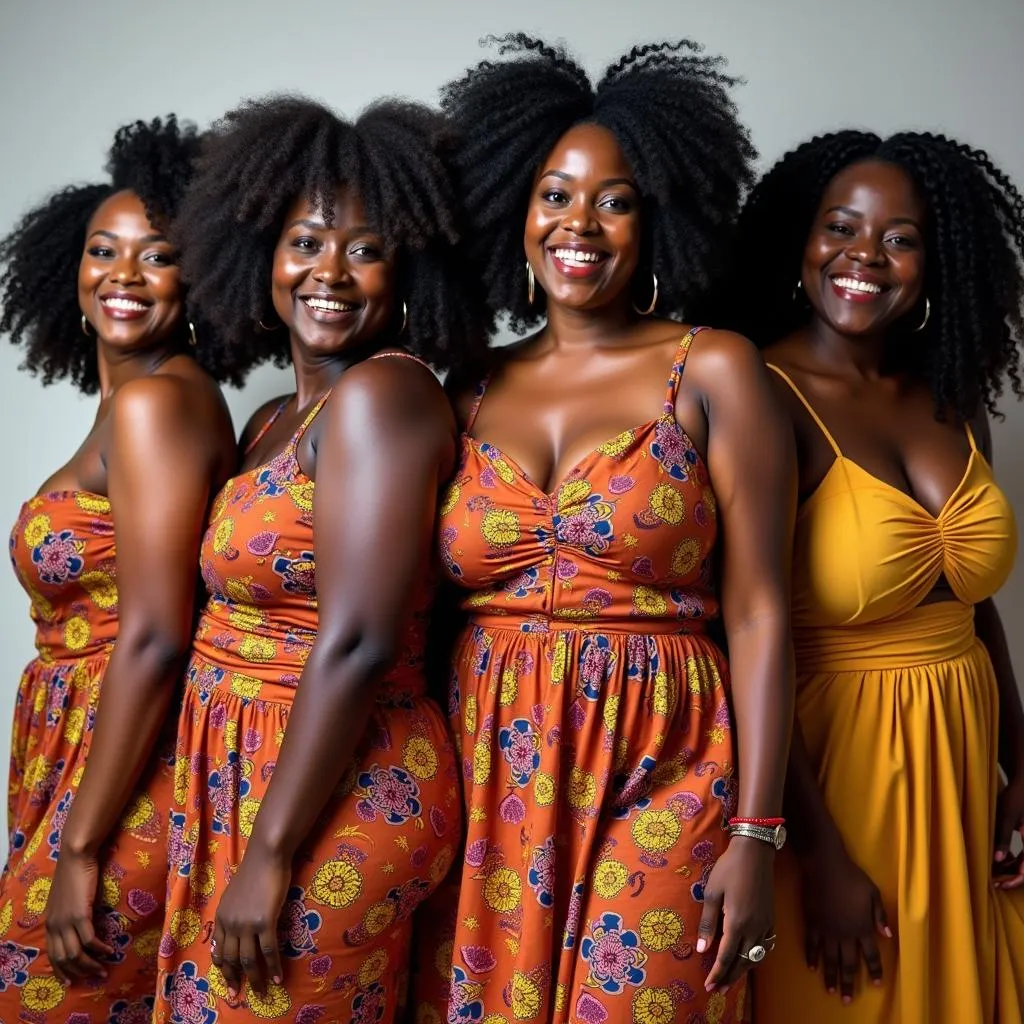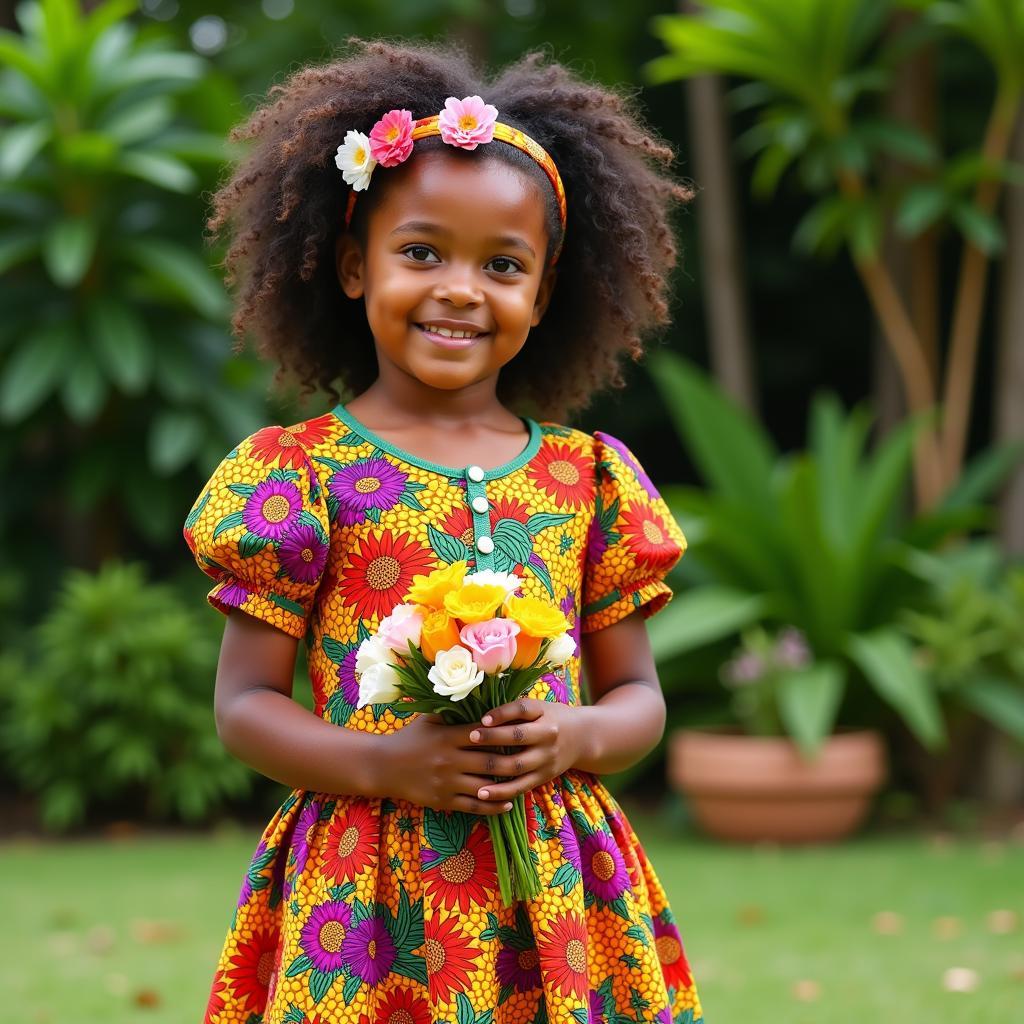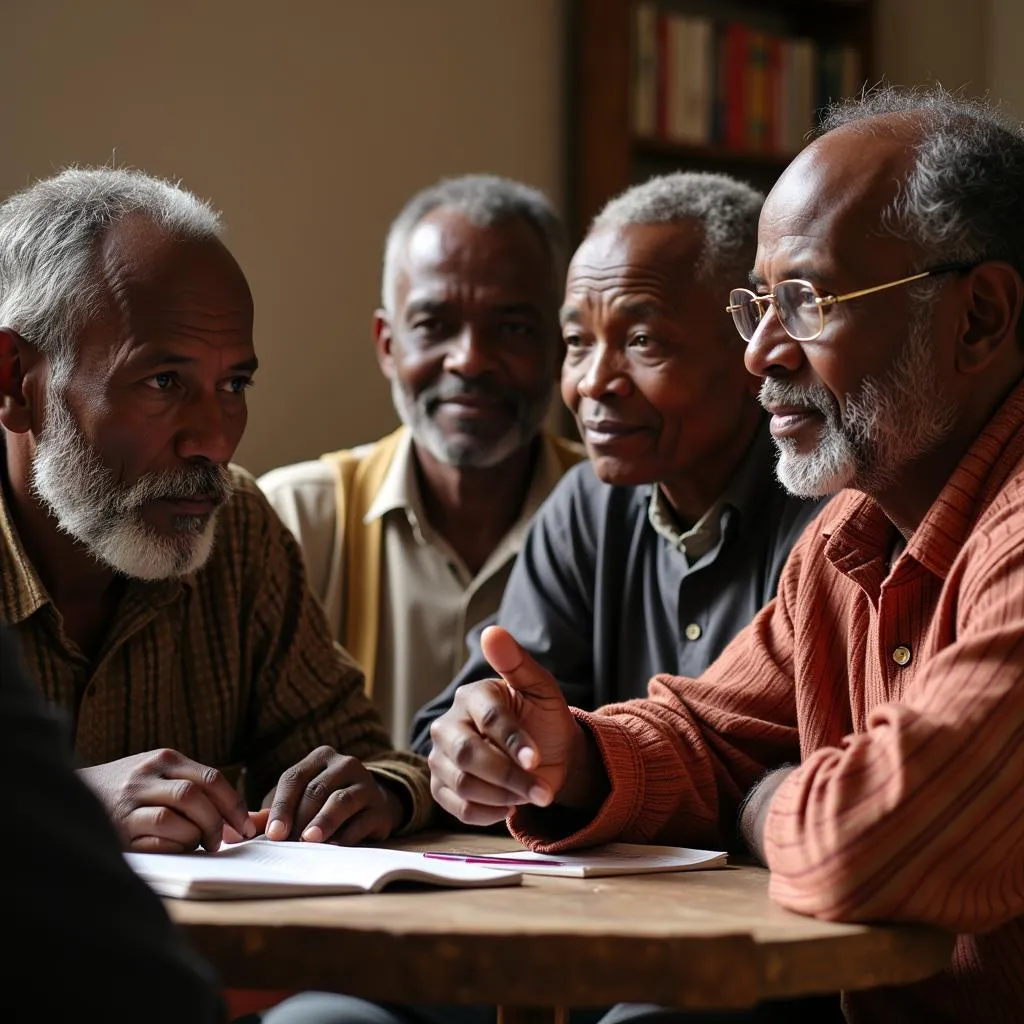80’s Hip Hop Urban Men African American: A Cultural Revolution in Style and Identity
The 1980s witnessed a seismic shift in American culture, with hip hop emerging as a powerful force that transformed music, fashion, and the very notion of urban identity. At the heart of this cultural revolution were African American men, who used hip hop to express their struggles, aspirations, and a sense of belonging. This era saw a vibrant blend of street style, music, and social commentary that resonated deeply with a generation.
The Rise of a New Style Icon
The 80s hip hop aesthetic was a distinct departure from previous trends, offering a fusion of street culture, music, and individuality. African American men were at the forefront of this style revolution. Here’s what made it unique:
- Bold and Colorful: Gone were the muted tones of past generations. The 80s hip hop scene embraced a vibrant color palette, using bright hues like neon green, electric blue, and fiery red in clothing, accessories, and sneakers.
- Gold Chains and Bling: Gold chains, chunky rings, and lavish jewelry became synonymous with hip hop style. These accessories were symbols of wealth and status, showcasing a desire for economic advancement and self-expression.
- Kangol Hats and Adidas Sneakers: The Kangol hat, with its iconic bucket shape, became a signature accessory. Adidas sneakers, with their classic three stripes, were adopted as the shoe of choice, signifying both athleticism and street credibility.
- Breakdancing and Graffiti: Hip hop culture extended beyond fashion, encompassing breakdancing and graffiti. These artistic expressions served as visual representations of rebellion and urban life. The iconic poses and vibrant graffiti art became symbols of the movement.
The Impact of Hip Hop on Urban Culture
The 80s hip hop movement was more than just a style; it was a cultural phenomenon that reflected the social and economic realities of African American communities.
- Voice of the Oppressed: Hip hop provided a platform for African American men to voice their frustrations and concerns about issues such as poverty, racism, and police brutality. Through lyrics and music, they challenged social injustices and gave a voice to those often marginalized.
- Community Empowerment: Hip hop provided a sense of community and belonging for African American men. It fostered a spirit of collective identity and solidarity, allowing them to express their cultural pride and reclaim their narrative.
- Breaking Down Barriers: Hip hop’s influence transcended racial boundaries, attracting audiences from diverse backgrounds. It broke down stereotypes and helped promote understanding and tolerance.
The Enduring Legacy
The 80s hip hop era laid the foundation for a global cultural phenomenon that continues to resonate today. The music, style, and social commentary of that era remain influential, shaping contemporary music, fashion, and urban culture.
“The music, the fashion, the dance, it all came together to create a movement that was unlike anything the world had ever seen,” states Dr. Ebony Davis, a renowned cultural historian specializing in African American music.
Frequently Asked Questions
Q: How did hip hop music contribute to the 80s style revolution?
A: Hip hop music provided the soundtrack for the movement, its rhythmic beats and lyrical content influencing the fashion choices and cultural expressions of the era.
Q: What were some of the iconic hip hop groups of the 1980s?
A: Groups like Run-DMC, Salt-N-Pepa, and Public Enemy were influential figures in the 80s hip hop scene, Their music and style became synonymous with the movement.
Q: How did the 80s hip hop movement influence subsequent generations?
A: The impact of 80s hip hop continues to be felt today. The music, fashion, and cultural expressions of that era have inspired subsequent generations of artists, musicians, and cultural icons.
 African American men wearing Kangol hats and Adidas sneakers in the 1980s
African American men wearing Kangol hats and Adidas sneakers in the 1980s
The 80s hip hop movement was a pivotal chapter in American culture, forever changing the landscape of music, style, and social consciousness. It was a time when African American men found their voice and used it to inspire, empower, and challenge societal norms. The enduring legacy of this era continues to shape the world we live in today.



